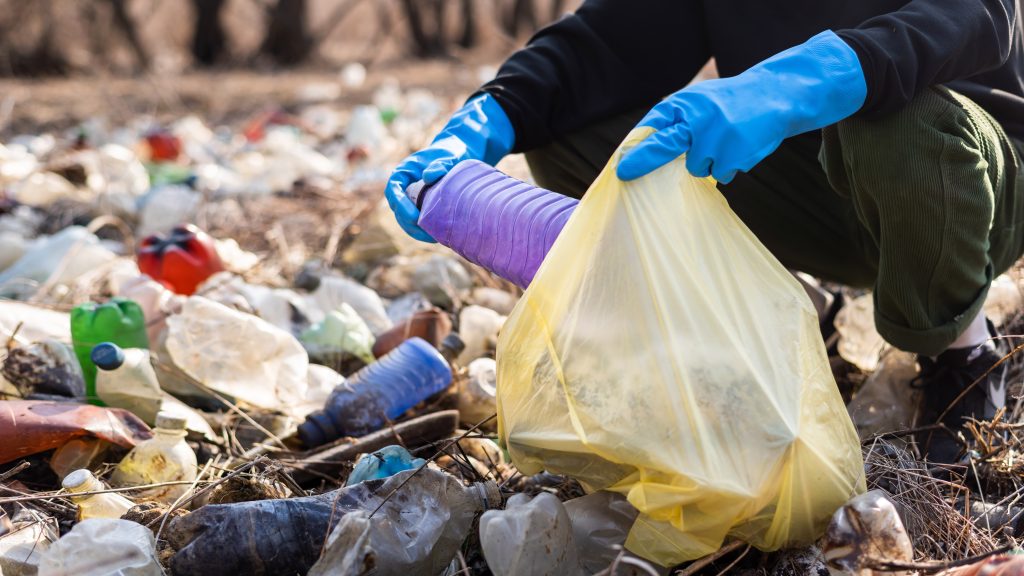In the hierarchy of waste management, reduction stands as a pivotal step, following the principle of refusal. Once we conscientiously reject unnecessary items, the next imperative is to minimize the generation of waste. This reduction phase plays a crucial role in mitigating environmental impact, lessening the burden on landfills, and conserving precious natural resources.

Mindful Consumption: One of the primary strategies in waste reduction is the promotion of mindful consumption. By being discerning about our purchases and opting for only what is necessary, we can significantly cut down on the overall waste we produce. This involves a shift in mindset, prioritizing quality over quantity and making informed choices about the products we bring into our lives.
Choosing Durable and Long-lasting Products: Opting for durable and long-lasting products is a key component of waste reduction. Investing in items that are built to last not only saves money in the long run but also reduces the frequency at which we need to replace goods. This shift towards quality over disposability not only lessens the environmental impact of manufacturing but also contributes to a more sustainable and circular economy.
Embracing a Minimalist Lifestyle: Embracing a minimalist lifestyle is a powerful way to reduce waste at its source. The core philosophy of minimalism encourages individuals to declutter their lives and focus on the essentials. By valuing experiences over material possessions, minimalists inherently produce less waste. This intentional and mindful approach to living aligns with the reduction principle, creating a lifestyle that is both environmentally friendly and personally fulfilling.
The Impact of Thoughtful Choices: Every thoughtful choice made in favour of reducing waste has a significant impact. Whether it’s opting for products with minimal packaging, choosing reusable items over disposable ones, or supporting businesses committed to sustainable practices, these decisions collectively contribute to a substantial decrease in waste generation. The cumulative effect of individual actions reverberates through communities, inspiring others to adopt a more conscientious approach to consumption.
Easing the Strain on Landfills: Reducing waste at the source translates to a decreased burden on landfills. As landfills worldwide face increasing challenges with space and environmental concerns, minimizing the amount of waste entering these sites becomes imperative. Reduction practices directly alleviate the strain on these disposal areas, prolonging their lifespan and mitigating potential environmental hazards associated with landfill waste.
Conserving Natural Resources: Every product manufactured requires raw materials and energy, contributing to the depletion of natural resources. By reducing consumption and waste, we conserve these precious resources. This conservation effort extends beyond the immediate benefits of waste reduction, positively impacting ecosystems, biodiversity, and the overall health of the planet.
In conclusion, the reduction step in waste management is a fundamental and transformative aspect of fostering a sustainable future. By making mindful choices, embracing durability, and adopting a minimalist lifestyle, individuals play a vital role in reducing the environmental impact of consumerism. Thoughtful decisions not only ease the strain on landfills but also contribute to the conservation of natural resources, paving the way for a more sustainable and responsible approach to waste management.
Evelyn Katasi ( Environment Officer, Education and Public awareness )





